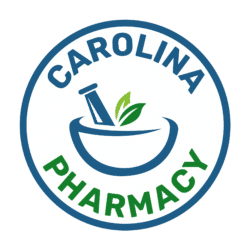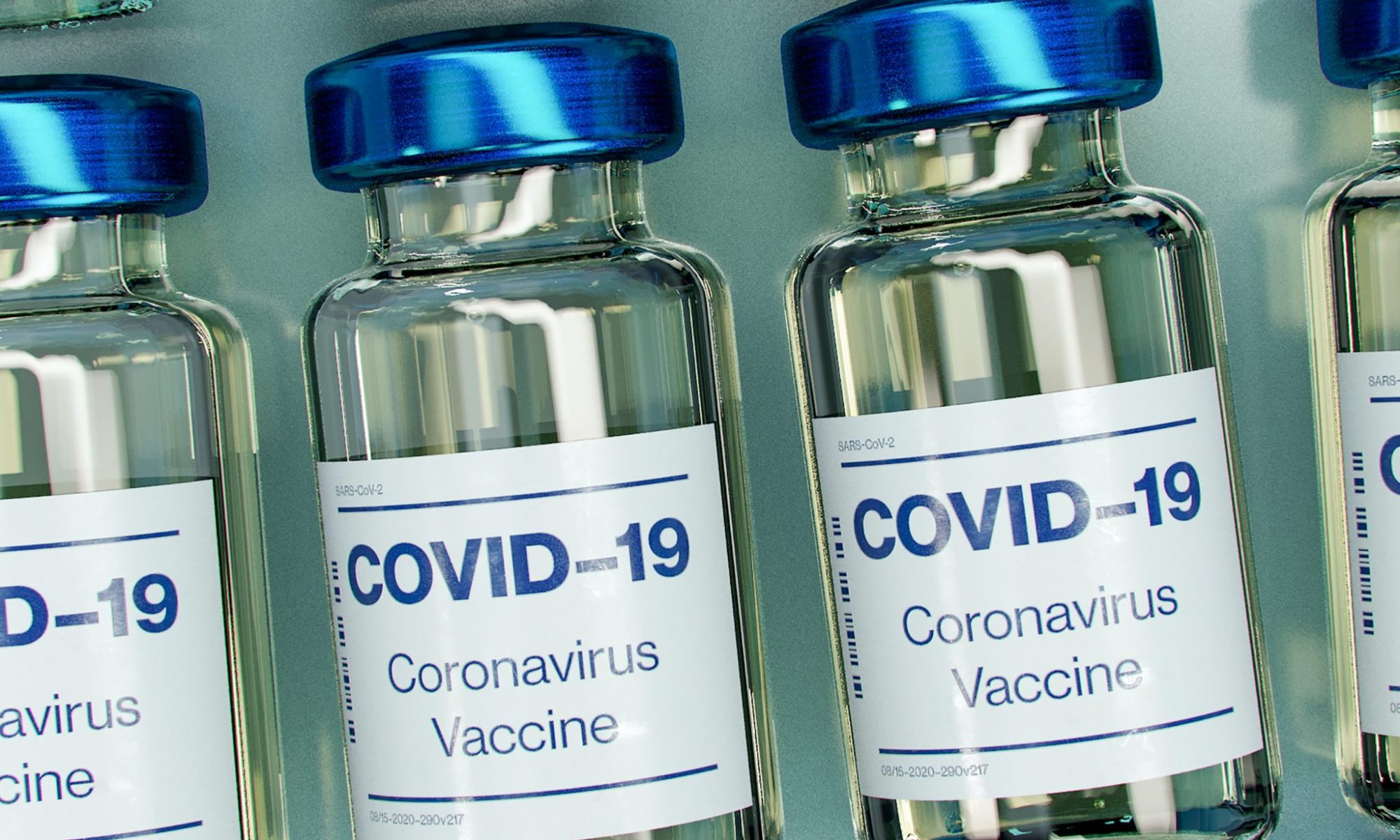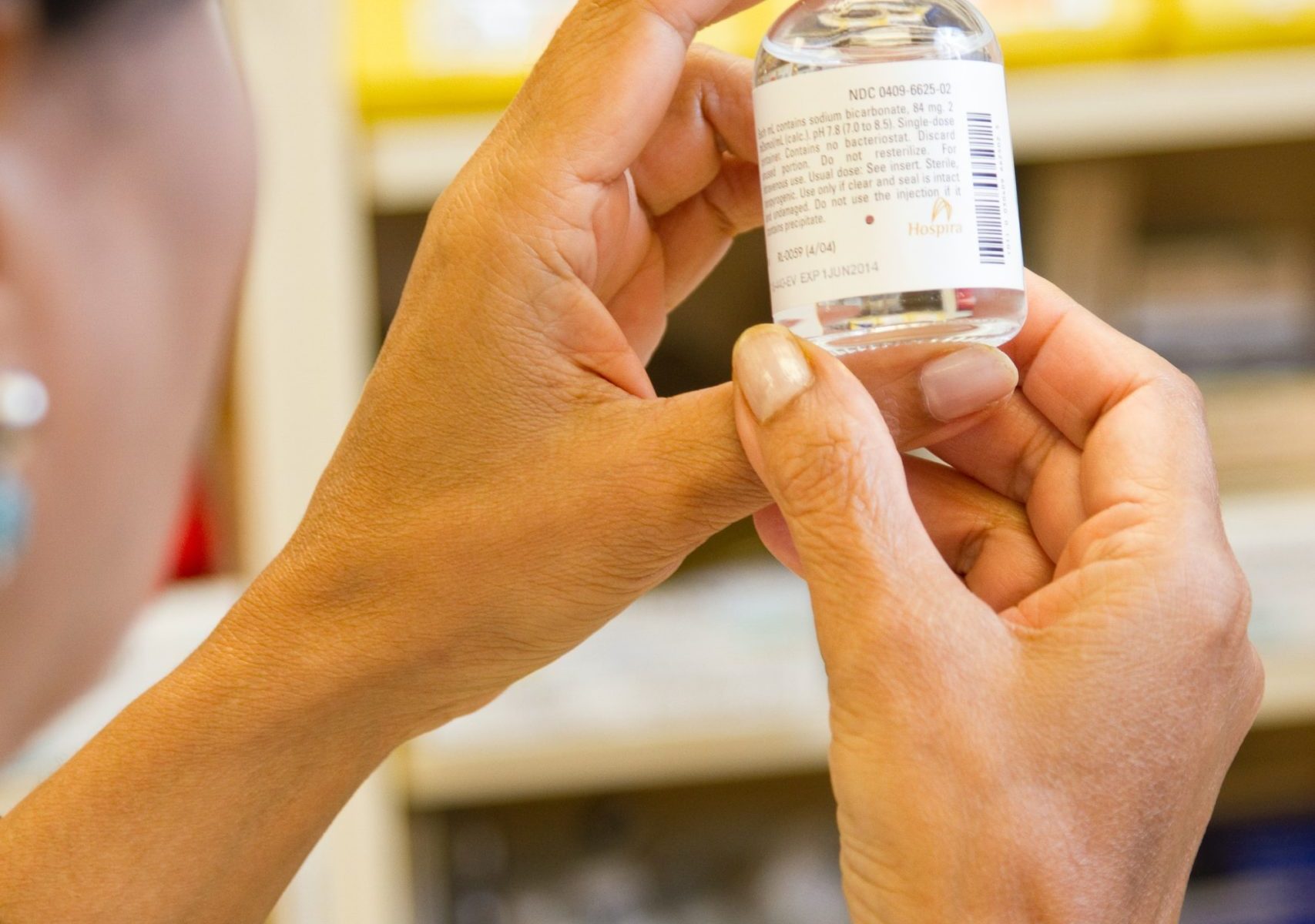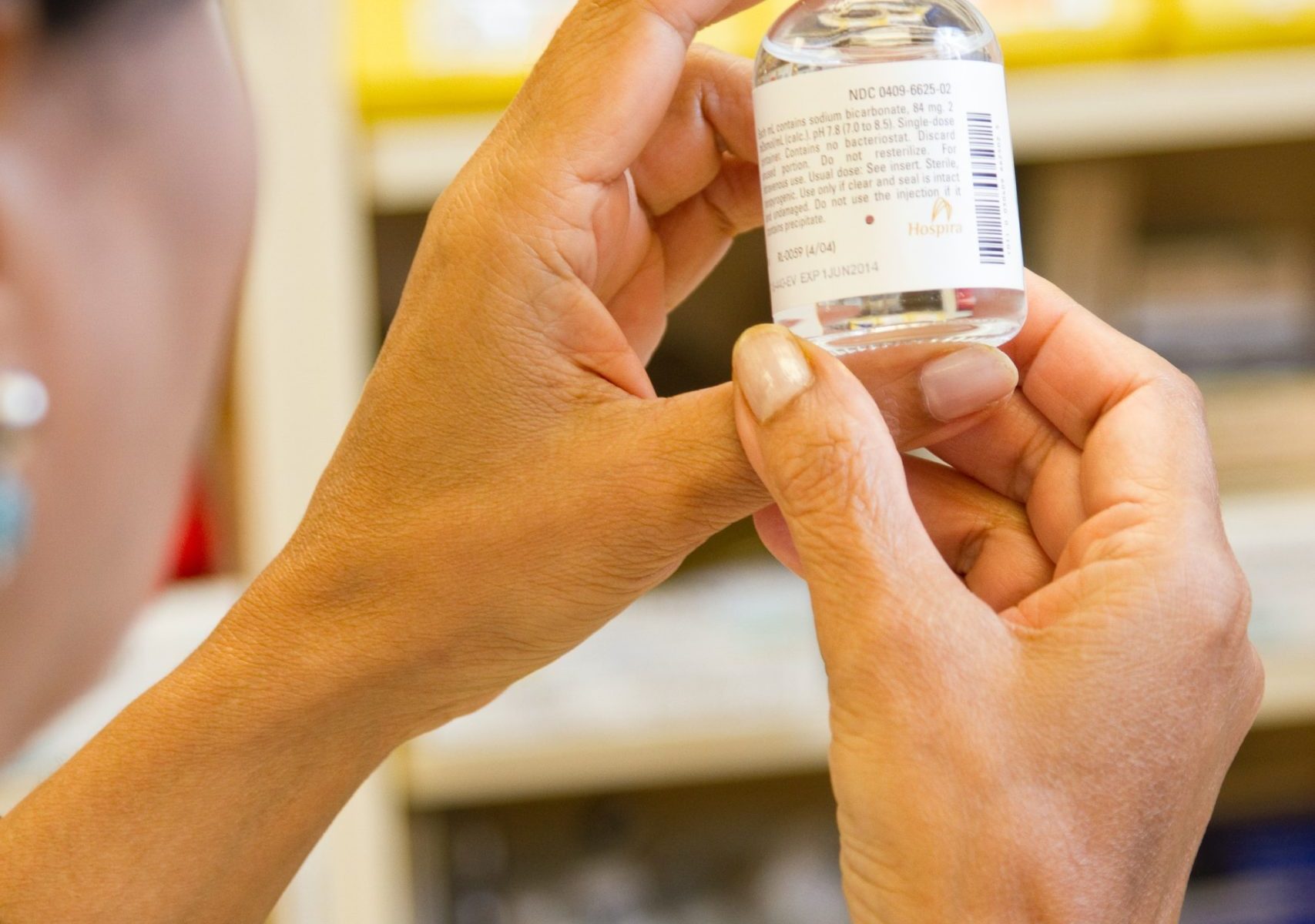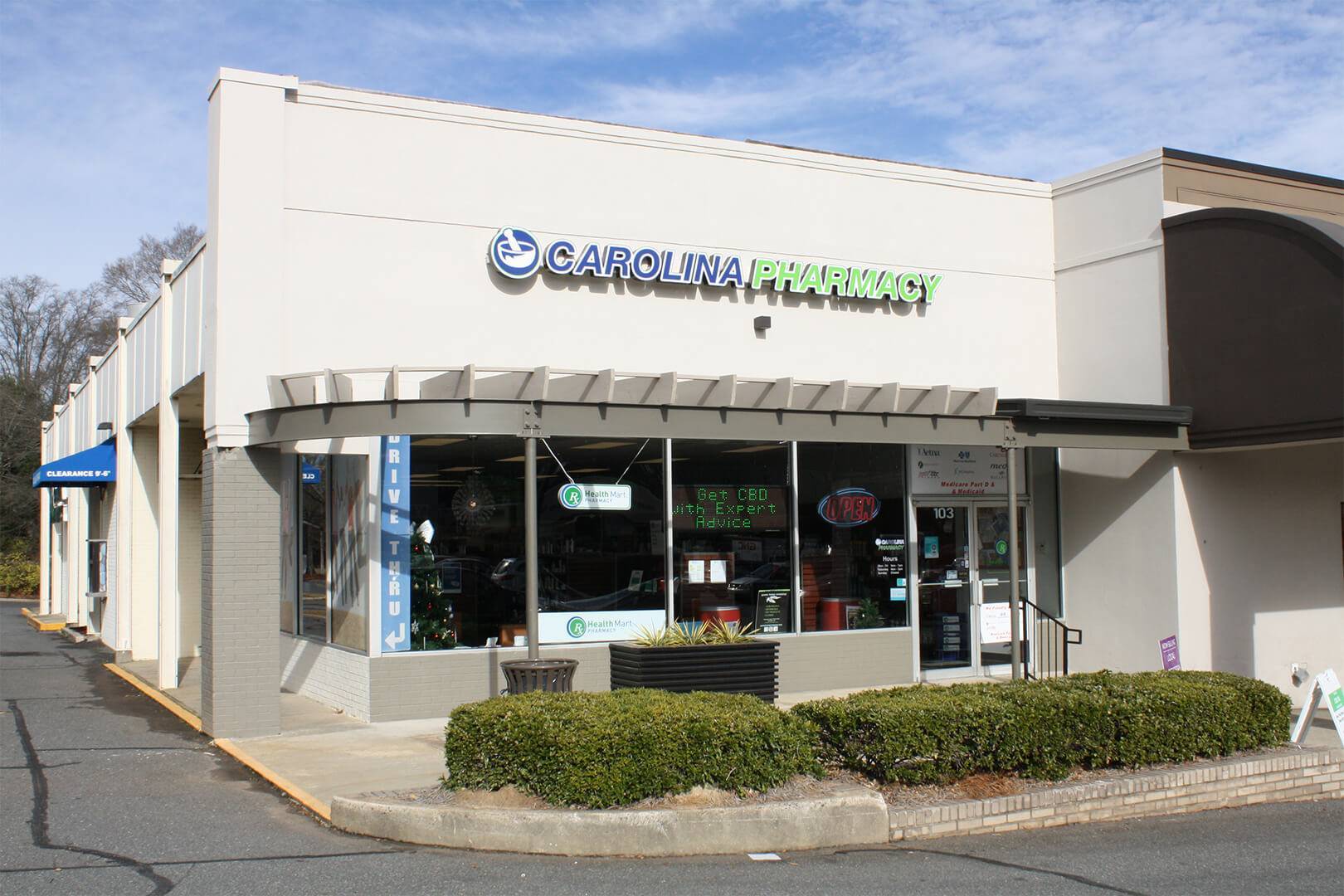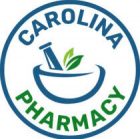Moms – where would we be without them? They raise us, guide us, and make our PB&J sandwiches (thanks, Mom!).
With so much to juggle, and so many people depending on them, it’s no wonder many mothers forget to take care of themselves. But to be able to take care of those around them, it’s still important for women to first look after their own health and wellness. Moms may rule the world, but they need sleep, too!
Children often learn health habits from their parents. If little ones watch their parents make lifestyle choices that show their health is important, those small impressions can last a lifetime.
Motherhood is a lifelong endeavor. To stay healthy, present, and active, here are health tips for women to prioritize for each decade of their motherhood journey.
20s
Develop good habits. This may seem quite broad, but focusing on habits will very well determine what you’ll do – and ultimately, who you’ll be – for the rest of your life.
Good habits span every area of lifestyle choices, but focus on those influencing your nutrition, physical fitness, sleep, sexual activity, mental health, and preventative health measures.
Put together a fitness plan that works well for you. Balance your plan with cardio, stretching, and lifting weights. Incorporate lifting weights, and embrace it. There are many health benefits for exercising with weights that aren’t just for the men. Strength burns more fat than cardio, reduces risk of injury, improves your mood, and even curbs menstrual symptoms.
(Tip: it is a myth that women can “bulk up” from “lifting too many weights”. This is simply not physically possible, as women do not produce enough testosterone for this to occur.)
Develop good relationships with your doctors and find specialists that listen to patient concerns. Get to know your body, and don’t be afraid to ask questions during your exam visits. Work together with your wellness team; if a malady does develop, they will help you treat them early and discuss prevention plans.
For many people, their twenties are the early stages of sexual activity. For most young women, it is your responsibility to educate yourself on your own sexual health. In the United States, very few states offer comprehensive sex education in schools. So, take it upon yourself to become a student of sex ed. With the internet, there is tremendous misinformation (false information unintentionally spread) and disinformation (false information intentionally spread) about sexual health. However, the better acquainted women become with their own bodies, the better sex they will have, the more empowered they’ll feel, and the better outcomes they’ll see in their overall sexual health goals.
Finally, limit alcohol consumption, avoid smoking, use protection when having sex, practice safe driving habits like wearing a seat belt and avoiding texting while driving, and protect your skin from sun damage. Your skin, hair, organs, and the rest of your body will thank you!
30s
As you start having children, shift your habits accordingly. Remember all those good habits you started in your twenties? Those will serve you well in your thirties.
For years studies have been showing that millennial women in the United States are delaying having children (delayed even more so due to the COVID-19 pandemic), so typical childbearing years tend to begin in their late twenties to mid thirties. When you are ready to start trying to get pregnant, take folic acid supplements, which promote fetal health. (Studies have shown folic acid to greatly lower the risk of defects to the neural tube during fetal development.)
Experts do not recommend beginning new exercise plans after you’re pregnant. But for thirty-something first-time moms, pre-developed exercise routines can often continue safely through your pregnancy. Be sure to consult your physician to learn what’s best for you.
40s
Pivot habits for menopause. Healthy sleep, nutrition, and exercise habits from your twenties and thirties will greatly improve both how you look and feel in your forties. Your body’s mobility recovery abilities will hinge on the past few decades of your health habits.
Talk to your doctor about perimenopause symptoms, which are commonly developed in your forties.
Then, revisit conversations with your doctor on what contraception options are right for you. Another pervasive women’s health myth is that you can’t get pregnant after age thirty-five. “While your fertility drops,” said Dr. Jen Gunter, OB/GYN and New York Times women’s health columnist, “it’s not zero.”
When a woman turns forty, it is also recommended that she begin screening for breast cancer with annual mammograms.
50s
Your fifties will likely be a time of increasing health ailments, and certain care and prevention should be heeded to keep you safe, healthy, and feeling well. If you are fifty-five or older and you smoke or have quit within the last fifteen years, your risk of lung cancer is higher, and should be evaluated.
As women’s immune systems weaken with age, there are some vaccines that are necessary to ward off serious health complications. Here are a few you should get between ages fifty and sixty-five: the flu shot, tetanus vaccine, zoster vaccine, shingles, and pneumococcal vaccine.
Continued breast cancer screenings are recommended, but by age fifty, you can lessen the frequency from annually to biannually.
60s
While continuing your habits of nutrition, exercise, and sleep, you may need to tweak them as you reach your sixties. Exercise routines should include aerobic activity to improve balance and strength. As bones start to weaken with age, it is important to maintain strong muscles to maintain strong bones.
Preventive measures for major health risks will be vital. It’s time to make adjustments to your health habits to prevent conditions like high heart disease (the deadliest health ailment), cancer, meningitis, osteoporosis, shingles, or incontinence.
It is also time to determine who can make health decisions for you if you are unable to. Should an accident or sudden health incident take away your medical decision-making capacity (the basis of informed consent), you must choose which trusted individual or individuals should be listed to do so.
70s-80s
Congratulations, you’re seventy years young and still kickin’! Time to schedule annual check-ups with your primary care specialist to develop a personalized wellness plan for you. This is distinct from an annual exam or physical, tailored to scan for existing conditions rather than plan for preventing them. If your specialist accepts Medicare, these visits will be covered financially. Ask about any conditions that may limit your mobility and ability to exercise regularly.
